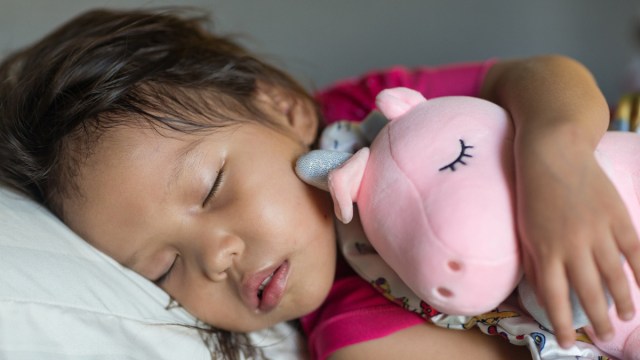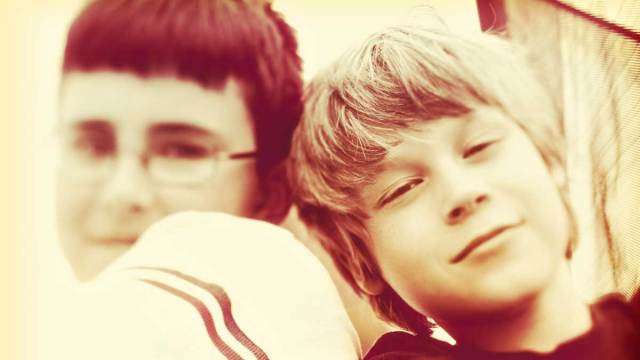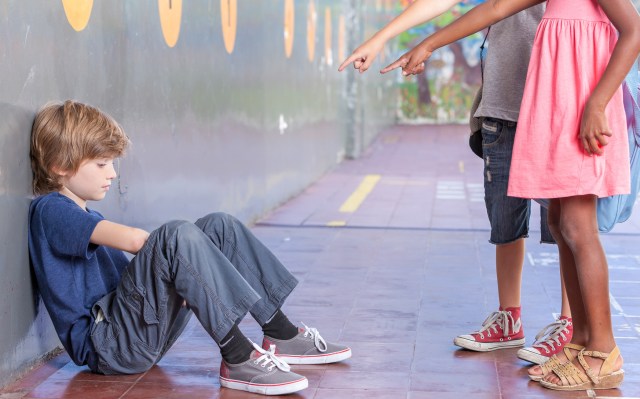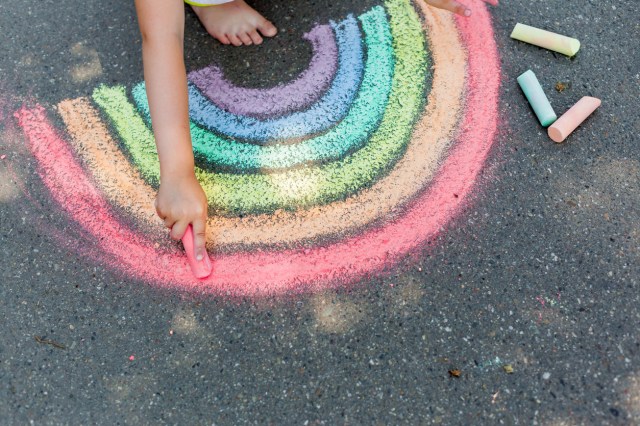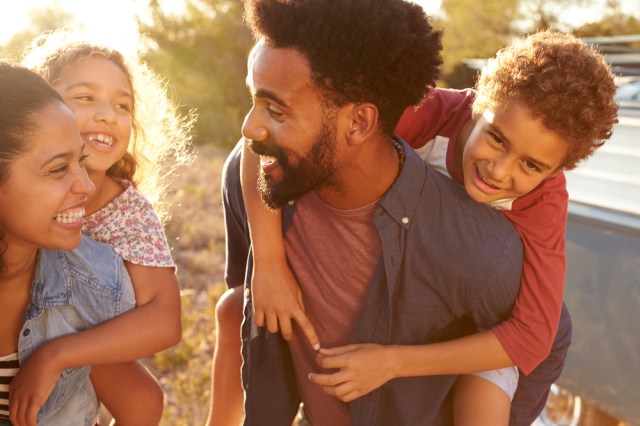Make the best of shorter days when the time change arrives
Pre-kid, you never really thought about Daylight Saving Time (what’s an hour here or there?). But kids can make this seasonal change a challenge. With the end of Daylight Saving coming up soon (Sunday, November 5), falling back means it’s super dark, super early. Before you set your clocks back an hour, read on for some tips and tricks for keeping that precious, tenuous sleep/wake routine in place.
Related: The Dos and Don’ts of Baby Sleep (So Everyone Gets More Rest)
Bit by bit. You can try moving their bedtime back for a few days leading to the time change. This will help set your kids’ little clocks before the big day so it won’t be a total shock. Consider arming them with a cute (and practical) alarm clock to help make the transition a bit easier. Care.com recommends 15 minutes for babies, 20 minutes for toddlers ages 1 and over, and 30 minutes for school-aged kids.
Be consistent. If sleep time comes later, that means waking up time will, too. If you’re letting time creep up a few days before, do the same with wake-up time, breakfast, lunch, dinner, etc. Their entire day from top to bottom should feel the same, even if you’re adjusting and fudging with timing. They shouldn’t even notice a change, especially if they’re too young to tell time.
Use light and dark to your advantage. Since light and darkness influence our kids’ internal clocks, give them plenty of outdoor time during the day so it’s a bit easier to stay up later at night. Once it’s time to start winding down for that later bedtime, make sure their room is nice and dark.
Related: 10 Secrets to Getting Your Kids to Nap Longer
Eat Later It can be tricky when your family is used to their routine, but if you can bump dinner a bit later each night, it will help your kids’ internal clocks. Be sure to offer toddlers their afternoon snack a little later, too, and adjust your baby’s feeding schedule if possible.
Ignore it. Not the best strategy for some, but if you keep chugging along, so will they. Just switch everything on the day of, and move on. Kids are resilient. But try to keep their routine (mostly) intact.
Related: 14 Games to Play Before Bed That Guarantee a Trip to Dreamland
Be realistic. Your child may not even notice a slight change or they may go bonkers. But it’s important to remember to listen to them, understand why they’re upset, and work from there. Children are all so different—who knows how they’ll each react or even how one will react from year to year!
Be sympathetic. Remember to put yourself in your kids’ shoes and stay calm if they’re a hot mess for a few days. By staying calm, you’ll help kids adjust to fall daylight savings in no time.
When your kids have adjusted to the time change, make sure to capture all their cutest moments—and share them with your family and friends near and far—with the Tinybeans app. The secure platform puts parents in total control of who sees and interacts with photos and videos of their kids.
